Jobs After the Army: Transitioning to Civilian Careers Successfully
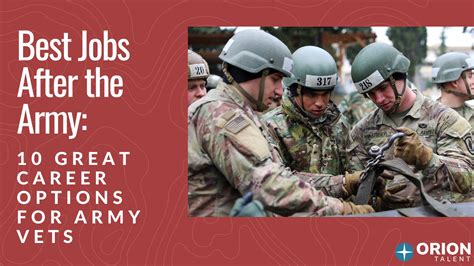
Life After the Army: Preparing for a Smooth Transition
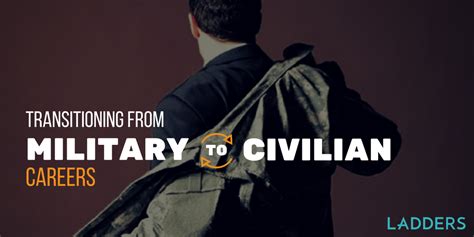
Serving in the army can be a life-changing experience that provides valuable skills, training, and camaraderie. However, when it’s time to leave the military and transition to civilian life, many veterans face challenges in finding a new career path. The good news is that the skills and experience gained in the army are highly transferable to a wide range of civilian careers. In this article, we’ll explore the best jobs after the army and provide guidance on how to make a successful transition.
Transferable Skills: Unlocking Your Potential

Before we dive into the best jobs after the army, let’s take a closer look at the transferable skills you’ve developed during your military service. These skills are highly valued by civilian employers and can be applied to various careers:
- Leadership and teamwork: As a member of the army, you’ve likely led teams, managed projects, and collaborated with others to achieve a common goal. These leadership and teamwork skills are essential in any civilian career.
- Communication and problem-solving: You’ve probably had to communicate complex ideas to your team, resolve conflicts, and think critically to solve problems. These skills are highly transferable to careers in management, sales, and consulting.
- Adaptability and resilience: Military life can be unpredictable, and you’ve likely had to adapt to new situations and overcome challenges. These skills are valuable in careers that require flexibility and a positive attitude.
- Attention to detail and discipline: Your experience in the army has probably taught you the importance of attention to detail, discipline, and time management. These skills are essential in careers like finance, logistics, and project management.
Best Jobs After the Army
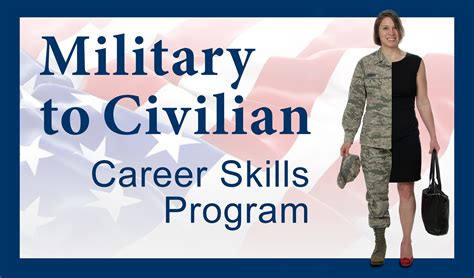
Now that we’ve explored the transferable skills you’ve developed, let’s take a look at some of the best jobs after the army:
- Sales and account management: Your leadership and communication skills make you a strong candidate for sales and account management roles.
- Project management: Your experience in managing projects and teams translates well to careers in project management, where you’ll oversee projects from start to finish.
- Cybersecurity: If you have experience in IT or cybersecurity, you can leverage your skills to work in this in-demand field.
- Logistics and supply chain management: Your understanding of logistics and supply chain management can be applied to careers in transportation, warehousing, and inventory management.
- Emergency management: Your experience in crisis management and emergency response makes you a strong candidate for careers in emergency management.
Transitioning to a Civilian Career: Tips and Strategies

Transitioning to a civilian career can be challenging, but with the right strategies, you can set yourself up for success:
- Update your resume and online profiles: Make sure your resume and online profiles (e.g., LinkedIn) accurately reflect your skills, experience, and education.
- Network and build connections: Attend job fairs, networking events, and connect with people in your desired field to build relationships and learn about job opportunities.
- Take advantage of transition resources: Utilize resources like the Transition Assistance Program (TAP) and the Department of Labor’s Veterans’ Employment and Training Service (VETS) to help you transition to a civilian career.
- Consider further education or training: If you need additional education or training to pursue your desired career, consider taking courses or earning a certification.
📝 Note: Don't be afraid to ask for help or seek guidance from career counselors or mentors. They can provide valuable advice and support as you navigate your transition.
Overcoming Challenges: Staying Positive and Focused
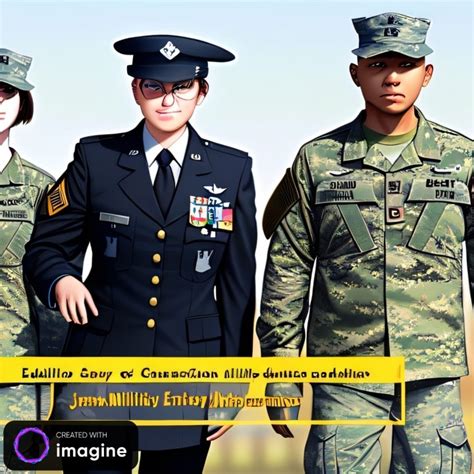
Transitioning to a civilian career can be overwhelming, but it’s essential to stay positive and focused on your goals:
- Set clear goals and objectives: Define what you want to achieve in your civilian career and create a plan to achieve it.
- Stay organized and manage your time effectively: Prioritize your tasks, manage your time, and stay organized to ensure a smooth transition.
- Take care of your physical and mental health: Make sure you’re taking care of your physical and mental health by exercising regularly, eating a balanced diet, and seeking support when needed.
Conclusion
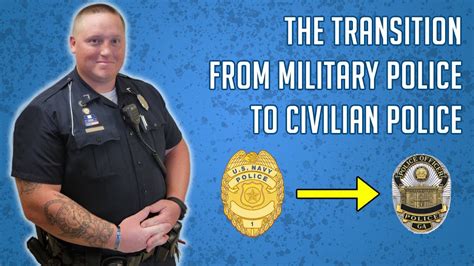
Transitioning to a civilian career after serving in the army can be challenging, but with the right skills, strategies, and mindset, you can set yourself up for success. Remember to highlight your transferable skills, explore in-demand careers, and stay positive and focused on your goals. With time and effort, you’ll be well on your way to a successful and fulfilling civilian career.
What are the most in-demand careers for veterans?
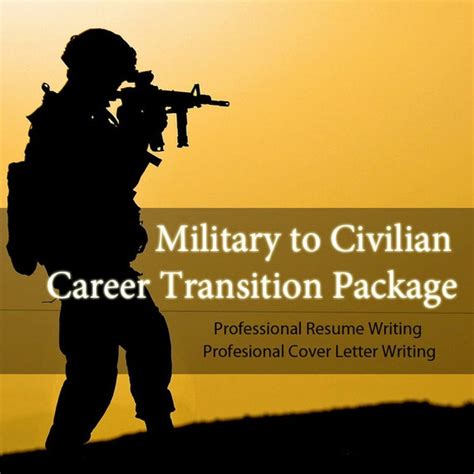
+
Some of the most in-demand careers for veterans include sales and account management, project management, cybersecurity, logistics and supply chain management, and emergency management.
What resources are available to help veterans transition to civilian careers?
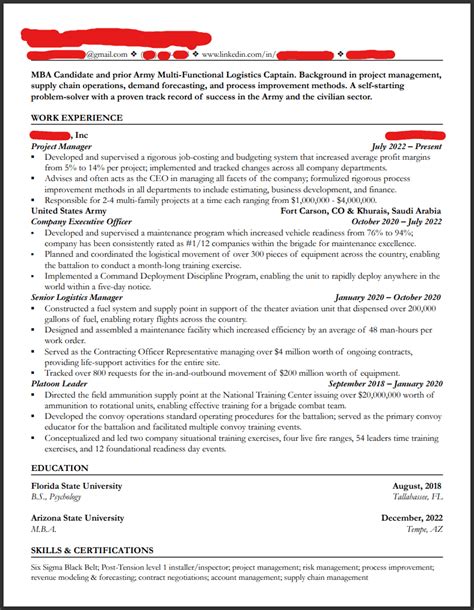
+
Resources available to help veterans transition to civilian careers include the Transition Assistance Program (TAP), the Department of Labor’s Veterans’ Employment and Training Service (VETS), and career counseling services.
How can veterans overcome challenges during the transition process?
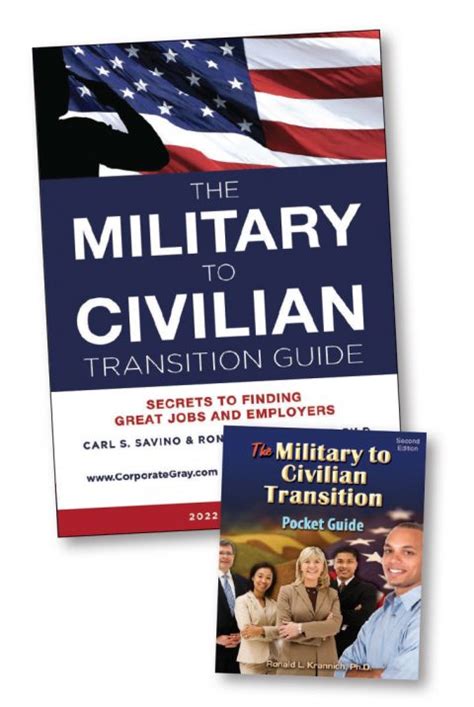
+
Veterans can overcome challenges during the transition process by staying positive and focused on their goals, seeking support from career counselors or mentors, and taking care of their physical and mental health.



